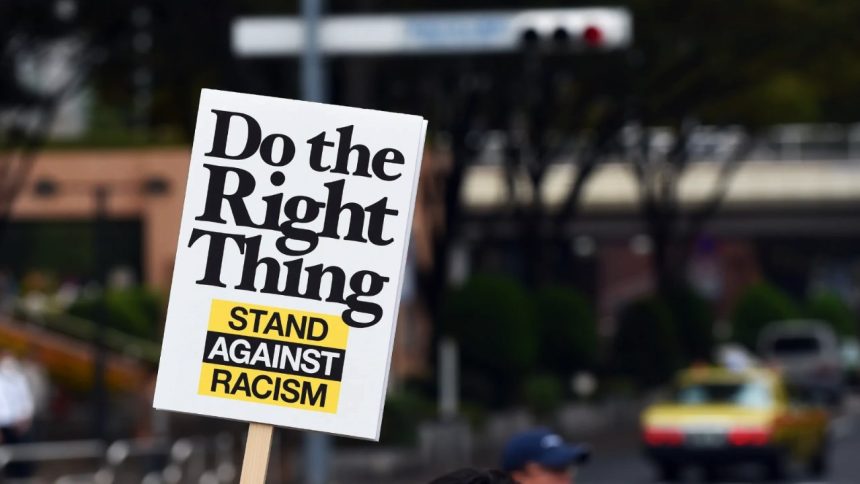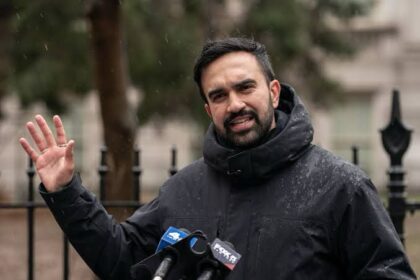The United Nations Committee on the Elimination of Racism (CERD) has called on the United Kingdom to take action to put an end to hate speech and xenophobia in the island nation in northwestern Europe.
This statement, which comes in the backdrop of recent riots against minority communities in the European kingdom, voiced concern over the expression of hate speech and its manifestation into crimes. It noted involvement of the politicians and public figures in this regard as well.
CERD points out impact of discriminatory practices by police; racism in law enforcement and judicial systems
The rights body highlighted that the persistent acts of racism and violence by members of the far-right against ethnic and religious minorities and refugees was concerning. It demanded a probe into the recent incidents of hate crimes and asked the British authorities to impose strict penalties on those deemed responsible.
It highlighted the impact of discriminatory practices by the police against ethnic minorities and expressed concern over the excessive use of force by law enforcement personnel. It stated that these practices disproportionally affect ethnic minorities in the kingdom. The rights body further highlighted persistence of racism in the law enforcement and judicial systems.
Therefore, it called for the establishment of an independent complaint mechanism to investigate allegations in this regard and to punish perpetrators while also granting remedial access to the families of the victims.
In July and August, riots broke out in this European kingdom. The riots broke out after there was a stabbing attack in a dance class in Southport, wherein three young girls were killed and 10 individuals were injured. Following the incident, spread of disinformation on social media led to the unrest, which culminated in mass riots.
VIOLENCE IN MYANMAR
UN Secretary General Antonio Guterres issued a statement, wherein he highlighted ongoing brutalities in Myanmar and called for an end to violence. The Rohingya community, fleeing persecution in Myanmar, is seeking refuge elsewhere. Around one million members of this community are now based in Bangladesh, whereas more than 130,000 others have moved to other safer areas in the region.
This underscores gravity of the situation, where vulnerable communities continue to face humanitarian crises amid persecution and armed conflict. The secretary-general has called on all sides to put an end to the violence and to ensure that civilians are protected in line with global law. It is worth noting here that amid the crisis in Bangladesh, the closing of the border has led to the Rohingya community being stuck between the warring factions with no respite from violence.
Both the sides have committed serious human rights violations against the Rohingya community, including beheadings, abductions and indiscriminate killings. Some of those who were successful in escaping the violence died of diseases due to the lack of living conditions in the places they found refuge in. Nearly half of these individuals are children.












